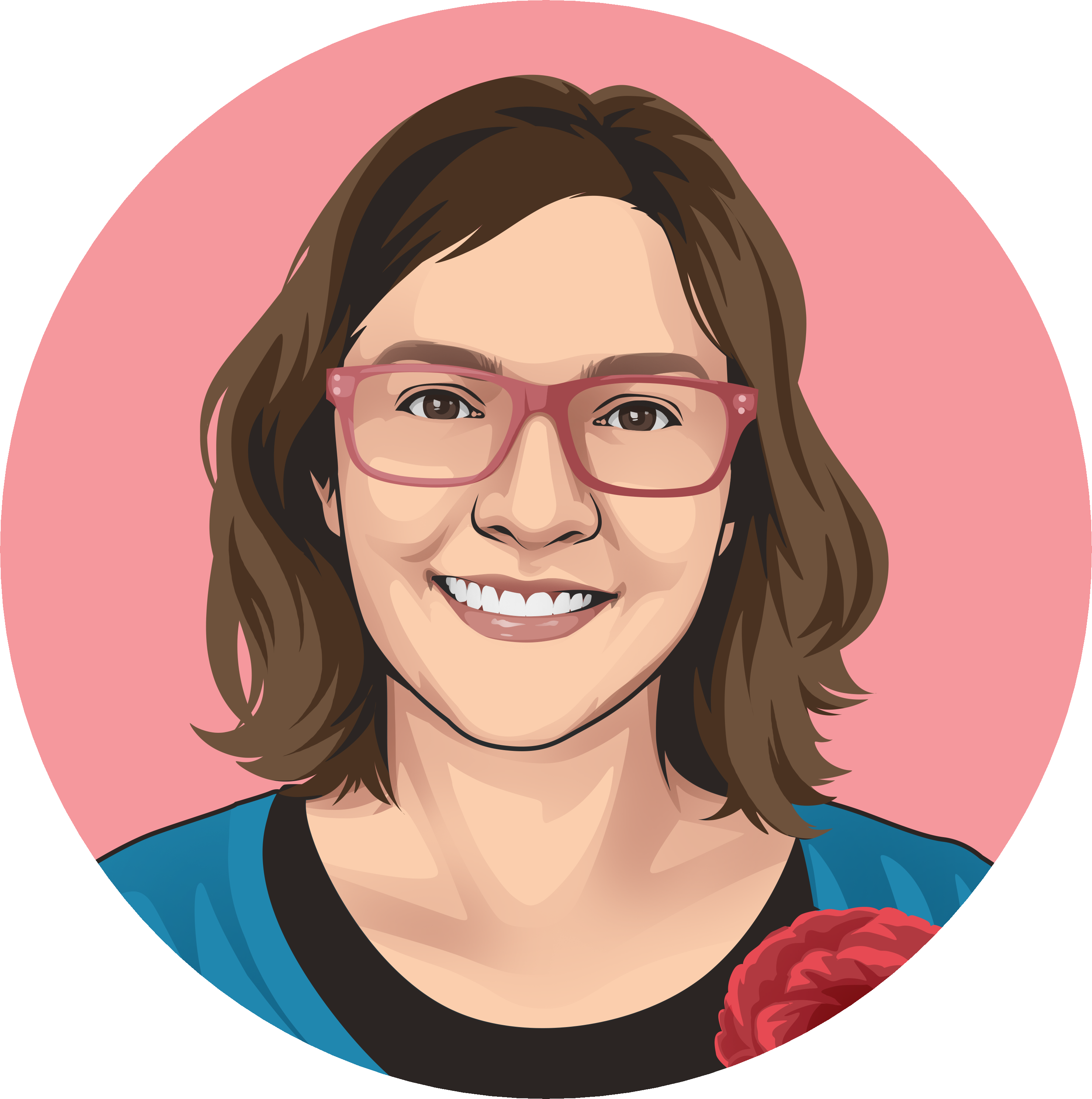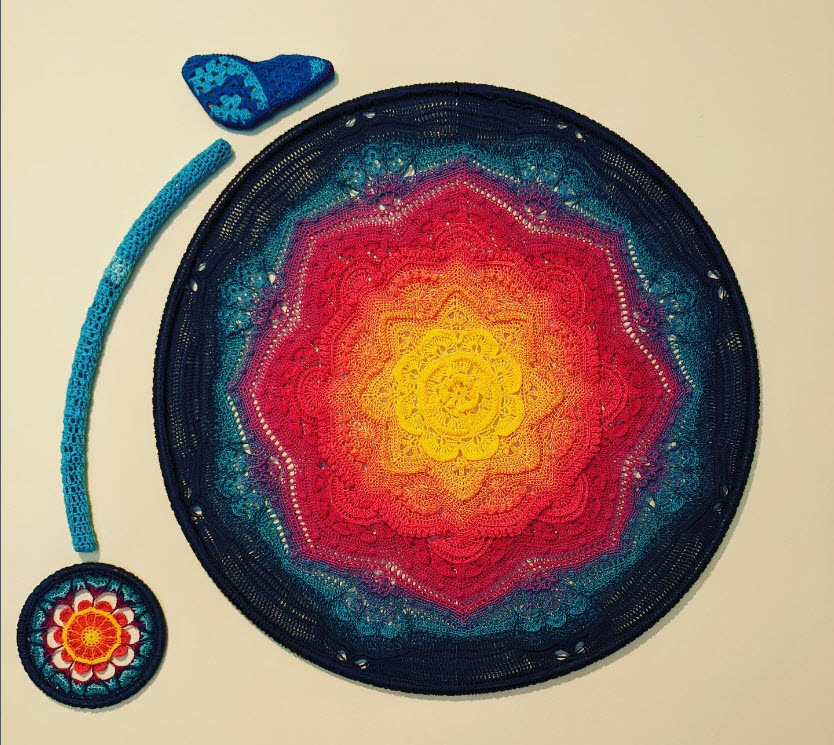In October 2022, I was pleased to be interviewed by a Googler friend of mine who was presenting at Burning Pen, Google’s internal tech writer conference. We discussed all things open source from a tech writer point of view.
Open source stats
How long have you been contributing to Open Source projects?
My first experience with open source was a DITA project I wrote back in 2014. Five years later, I participated in the inaugural Google Season of Docs (2019). That’s when I worked with OSGeo Live and first met Cameron Shorter - who suggested the idea of creating The Good Docs Project.
How many projects have you worked on? How were they different?
- DITA Mini Manual - A personal project that I worked on solo and donated to the world.
- OSGeo Live - Large umbrella group of many smaller open source projects. This is kind of like a taster-pack USB, a collection of geospatial software projects.
- TYPO3 CMS - A large, mature, thriving open source community. This group has a membership association. The annual budget funds events and working groups. This group also has a separate GmbH that offers extended support, certification and other services. The money helps but also sometimes hinders the community—people forget that open source means volunteers, and expect to get paid for their work. It can sometimes generate ill-feeling.
- The Good Docs Project - A small, young open source project. No budget. Lots of enthusiasm and ideas.
- In my day job, I get to work with open source clients every day with Open Strategy Partners, a strategic tech-communications agency. We help open source projects communicate the value of their products. I get to see different projects at various levels of growth.
Motivation
Why did you start contributing to Open Source?
I am intrinsically motivated. I like to create things. I consider technical writing to be a vocation, so that means I can’t “turn it off”. When my working life changed after I had a baby, I was looking for projects. The world of open source is a never ending supply of things to do.
What do you love about Open Source?
The best thing about open source is everyone is there because they want to be. It’s a great leveler. People are interested, well-meaning, passionate. I like to create things, and usually others are coming because they feel passionate about creating the thing too. People are kind and compassionate because we are all volunteers. No one likes to get burnt out, and we all know that we have lives away from the project.
The other cool thing is that you get to work with experts in fields that you might not get to otherwise. In a traditional, siloed company, you are generally stuck in your role and may not get to work alongside that cool person over in the other department - if it doesn’t fit with your KPIs or OKRs or whatever. In open source, you may find that you are rubbing shoulders with senior tech writers, ux designers or content strategy leads from impressive or progressive companies and you get to learn from them and share knowledge.
What sustains your motivation, or how has it changed over time?
My motivation changes according to how much spare time I have. Sometimes my “real” job takes priority. My motivation doesn’t really change over time if I believe in the project. When things get rough and I consider stepping away, I think about whether I’d be happy with the project going on without me…and I usually decide that there are still things I want to contribute. I do think it’s important to check-in with yourself regularly about your motivation to contribute - and communicate that with your team. Don’t lick the cookie and be honest (with yourself and your team) about your capacity and intentions.
Challenges
What documentation hurdles did you encounter while working on an Open source project?
Ugh. What hurdles didn’t I encounter?
OSGeo and TYPO3 both had huge learning curves to contribute to docs. Setting up a VM, installing the product first. Then also setting up your environment and installing the tech stack to render the docs. You really need to be a motivated contributor to stick with that. It can be a bit of a rude shock for a tech writer used to working with a HAT to encounter so many hurdles just to contribute to documentation.
The other hurdles are people. Communicating with people. Understanding their feelings, ownership, and expectation management. These things are all much more difficult away from a traditional, hierarchical private organization. Everyone’s a volunteer, you’re distributed across the globe and you’re communicating asynchronously.
What constraints did you face (e.g. sole writer, funding issues, etc.)?
Constraints for me are normally about timeframes or consulting stakeholders or governance. These things are really important, and I tend to want to be nimble and spin things up. Just because it’s open source doesn’t mean it’s loosey-goosey.
Growth
How did you find solutions to the hurdles and constraints? What action did you take (if any)?
Lots of communication. Being honest and polite goes a long way. In all cases, I’ve overcome challenges due to some other project member helping me. Either smoothing the way, providing the solution or just lending a sympathetic ear. I am intrinsically motivated, so usually I will work to overcome challenges and look for avenues that might provide solutions to my problems.
How do contributions to Open Source inform your work?
It makes me more empathetic. I approach work thinking about others and where they’re coming from. (I rarely used to do this when working in traditional private organizations.) I work remotely. I work online with global communities. Effective communication is essential. Working in open source projects really hones your communication skills. Async, written communication skills, incorporating principles of inclusivity, geographic and cultural differences… Open source reminds me that I work with humans, and I’m more mindful of their humanity.
How did you grow as a human?
Oh my gosh, how didn’t I grow? I work better because of my experience with open source, and it’s part of who I am now.
Any job I take in future will need to either be in open source, or allow me time to contribute to open source as part of my work.
Image credits: Lego head photo by Carson Arias on Unsplash



